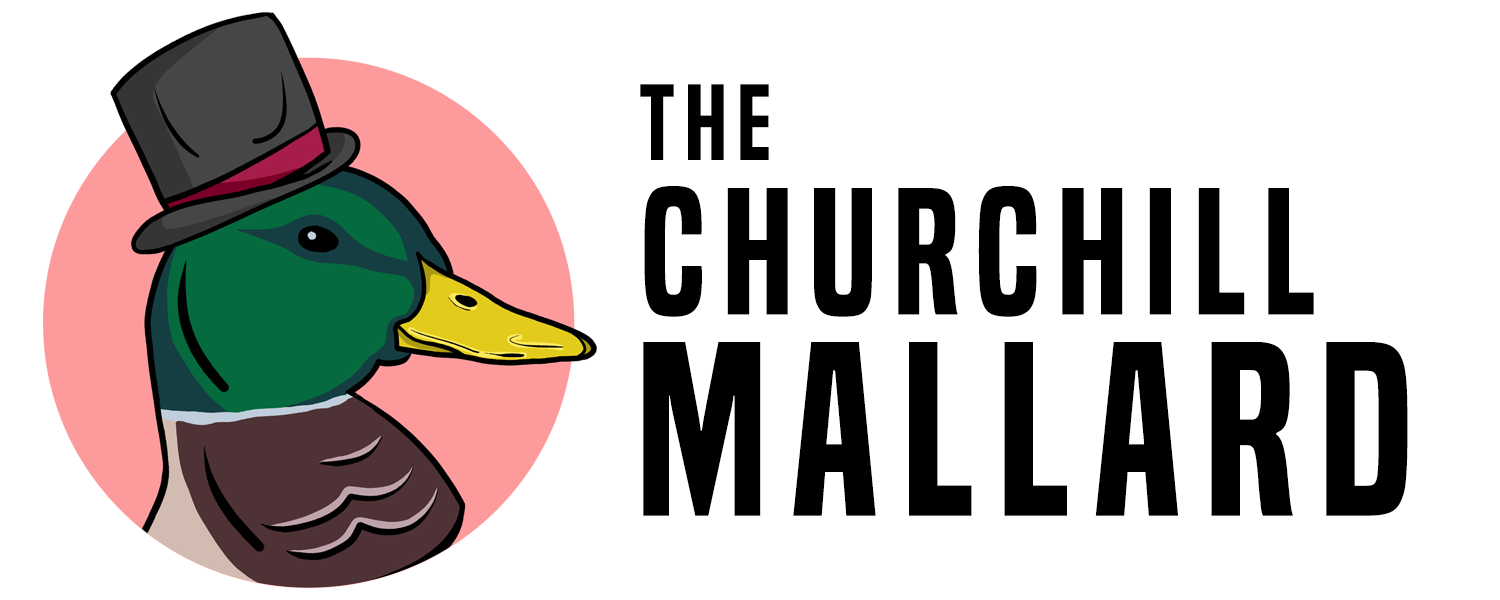
The disparity between STEM subjects and the humanities was made overwhelmingly clear to me the moment I was handed my timetable in freshers week. I compared mine with the girl I had just met, who was studying HSPS, hoping we would be together over the next few days. Amazingly, we noticed that they looked exactly the same – with promises of barbecues, games night and College tours. It was only when I got back to my room that I realised my time was already filled up with maths sessions, physics tests, registering for laboratory sessions and collecting coding workbooks.
Over the next few days, I longingly watched other freshers mill around on the grass getting to know one another. Meanwhile, I was stuck inside, panicking about all the work I had been set for the very next day.
Was it worth spending over nine grand a year on such little time spent with academic staff?
My first year of Natural Sciences carried on in a similar vein – constantly rushing from one contact hour to the next, from supervisions to lectures and from geology workshops to chemistry labs. I distinctly remember returning to my room one day after ten contact hours and meeting the girl I had met in Freshers Week. She rushed in, telling me she had managed to achieve her target of five hours of reading that day. That was a mere half of all my contact hours!
The envy that I had felt during Freshers intensified, but I also began to question the integrity of her degree. Was it worth spending over nine grand a year on such little time spent with academic staff?
I was in the laboratory all day, following a series of instructions or filling in the blanks in my lecture notes. It reminded me of being spoon-fed information back at school.
Even though I had always enjoyed humanities at school, even choosing to do philosophy as a fifth A-Level, I found myself ridiculing the worth of a humanities degree along with my fellow STEM students. We would laugh at how little humanities students seemed to work, how few commitments and responsibilities they had and, obnoxiously, how relaxing university must be for them with their “unimportant” studies.
I began to question this attitude in second year, after electing to study a module in History and Philosophy of Science. I loved the module and, after spending a long time debating what I was passionate about and actually wanted to study, I chose to specialise in it in my third year. Effectively, I became a humanities student.
Studying both the sciences and humanities has allowed me to appreciate each of them for what they have to offer, and question the view that the worth of a degree is solely dependent on the number of contact hours.
The humanities and STEM subjects involve different types of learning – and one is not more valuable than the other. When studying Natural Sciences, I was in the laboratory all day, following a series of instructions or filling in the blanks in my lecture notes. It reminded me of being spoon-fed information back at school. In contrast, my friend, studying HSPS, was reading articles and books, forming her own conclusions on issues that are socially significant. I might have spent more time with academics, faced more deadlines and had a larger quantity of supervision work, but this is a reflection of the learning style, rather than the value, of the degree. Humanities subjects require a greater deal of solitary reflection and reading.
A humanities student can decide one day that they don’t want to do as much reading or go to a lecture, if they’re feeling tired or perhaps hungover. STEM students do not have that luxury.
At the time, it felt like my degree was more stressful than hers. I struggled to complete the large number of set questions and lab reports each week, while she only had to write one essay. But, I now appreciate that at least there was an end to my work. She had to contend with reading lists, which resembled a never-ending rabbit hole. She had books and articles, never feeling truly finished, because there was always something else she could dive into to improve her breadth of understanding. When I handed in my lab report, I was done.
The only important difference is that contact hours are not optional. A humanities student can decide one day that they don’t want to do as much reading or go to a lecture, if they’re feeling tired or perhaps hungover. STEM students do not have that luxury. You are forced to drag yourself to early-morning labs and weekend supervisions and, in some senses, this makes it more stressful. Ultimately, a degree is what you make of it. I had STEM friends who did the absolute bare minimum, copying others’ lab reports and attending the minimum amount of contact hours. I also had friends studying the humanities, who were so passionate about their degree that they would attend extra lectures and email supervisors for additional reading recommendations. The two disciplines are united by the fact that their worth is determined by how much you are willing to dedicate to your studies.
